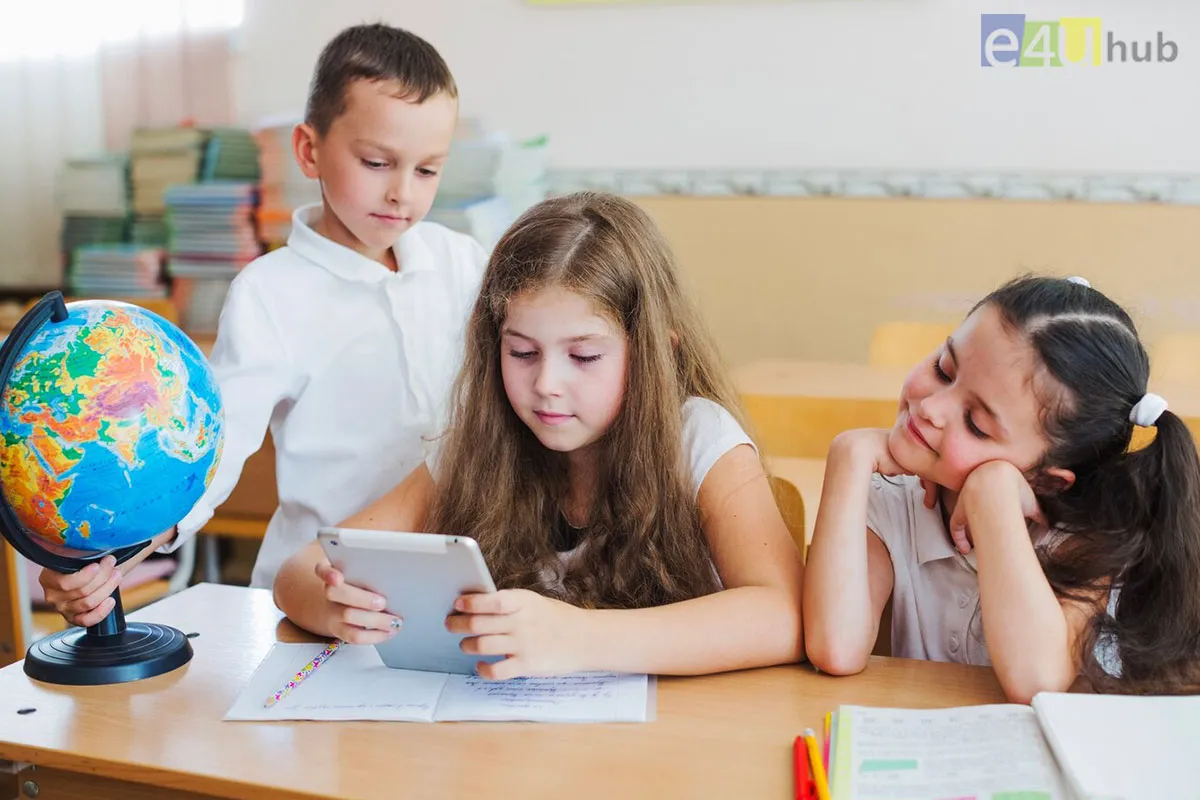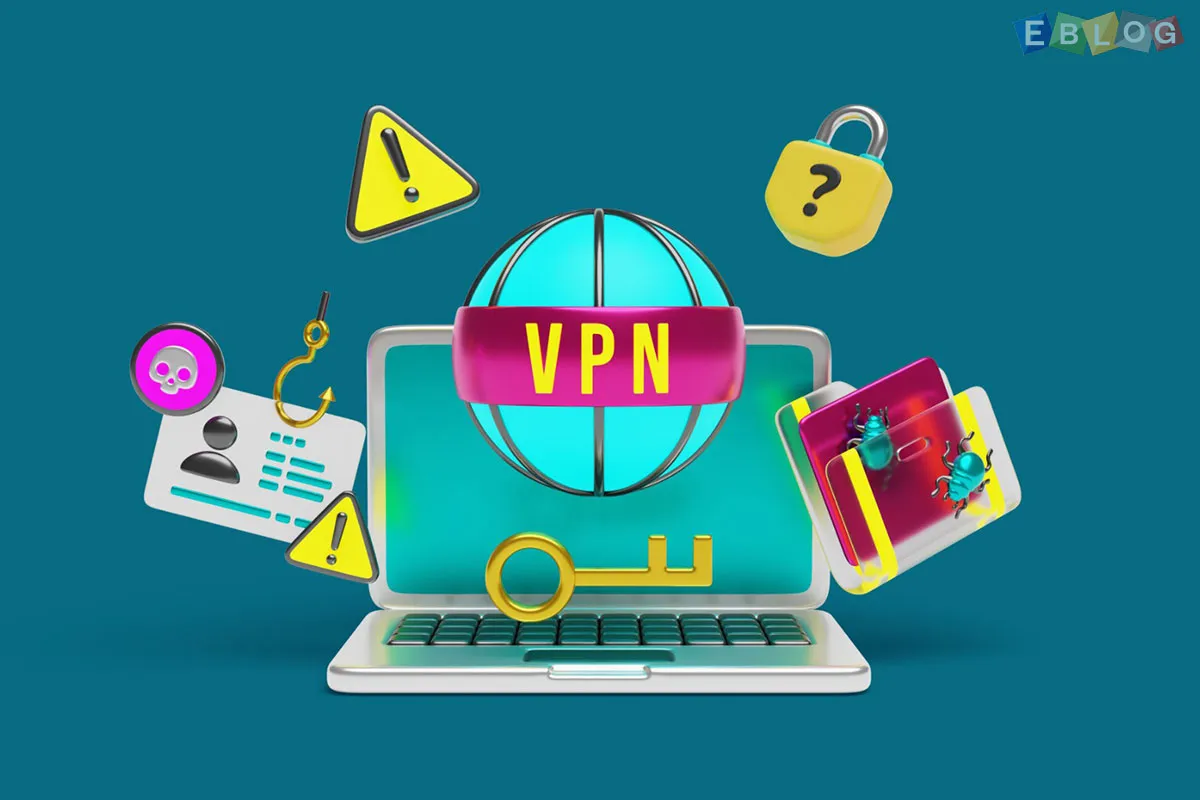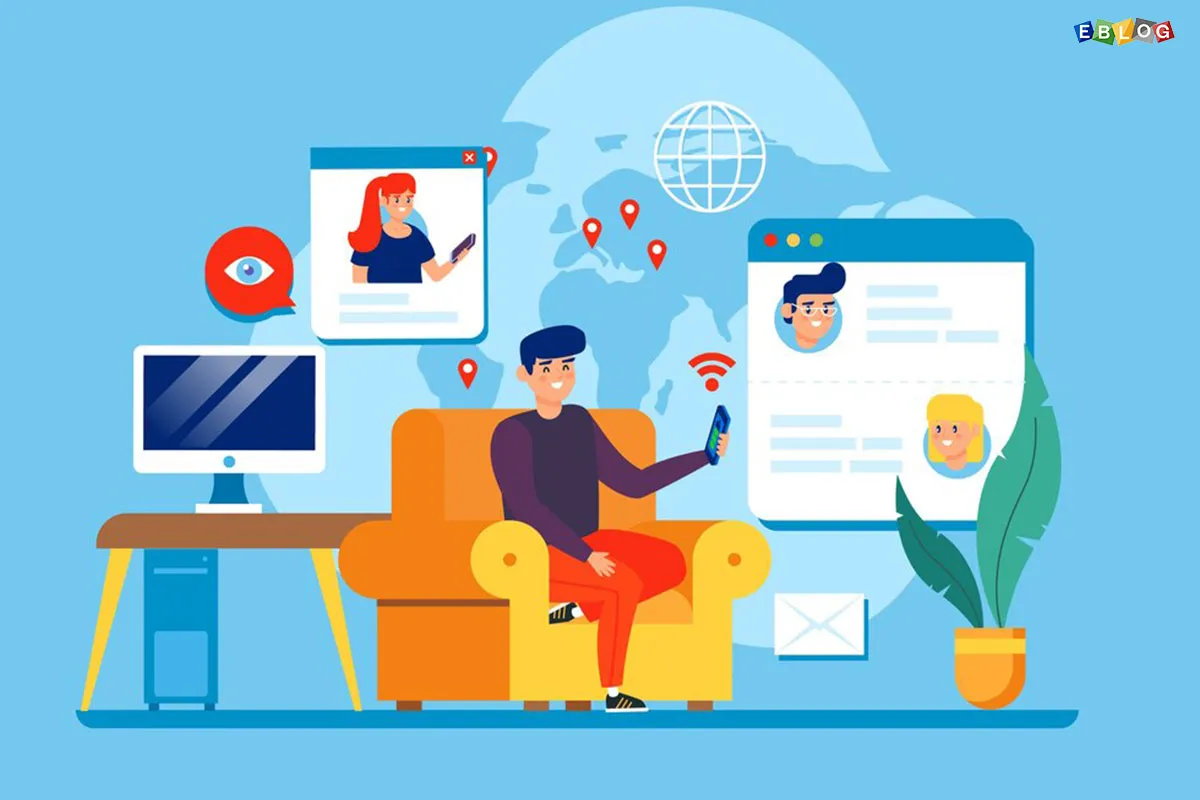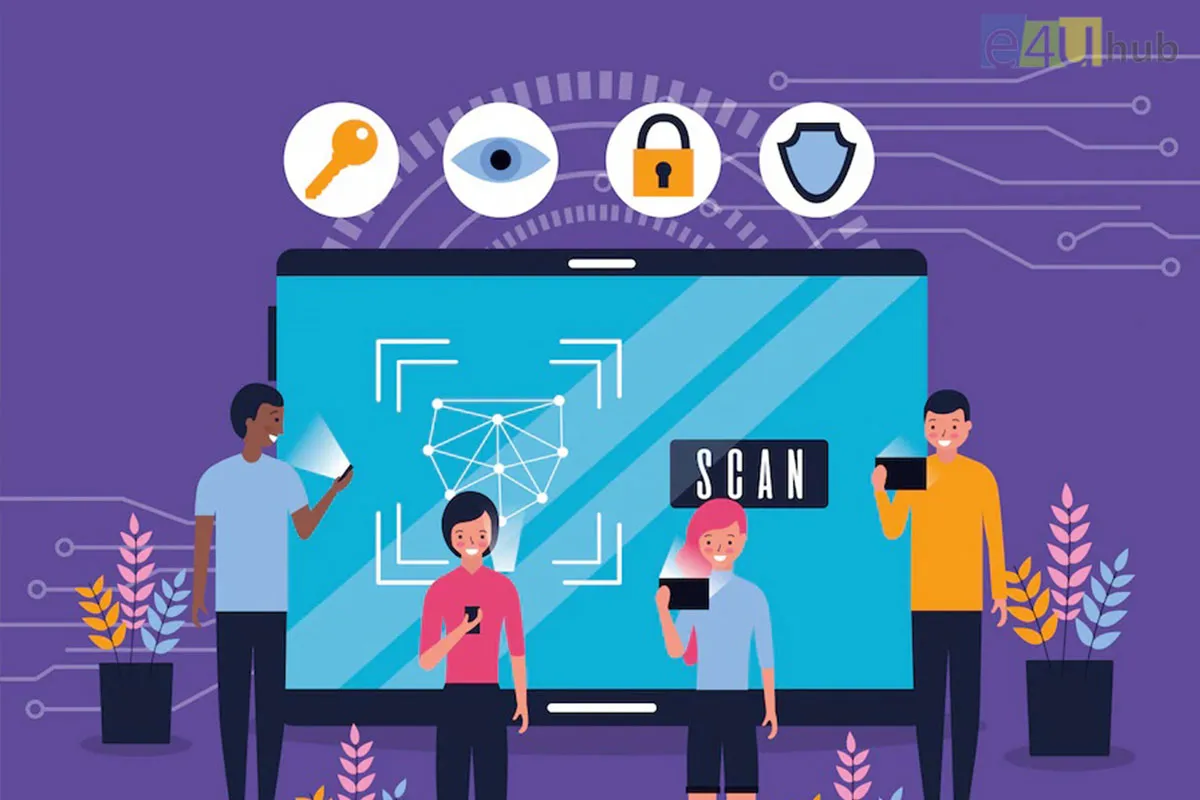
The Benefits of Bilingual Education: Why Learning a Second Language Matters
- 19 Oct, 2024
- Education
- 576 Views
- 0 Comments
In an increasingly globalized world, the ability to communicate in multiple languages is more valuable than ever. Bilingual education programs, which teach students in two languages, offer many benefits beyond mere communication. Here’s why learning a second language through bilingual education matters and how it can enrich students' lives.
1. Cognitive Development
Research has shown that learning a second language enhances cognitive abilities. Bilingual individuals often exhibit better problem-solving skills, creativity, and critical thinking. The mental exercise involved in switching between languages promotes greater cognitive flexibility and improves memory. This cognitive boost can translate to better performance in academic subjects beyond language arts.
2. Cultural Awareness and Sensitivity
Bilingual education exposes students to different cultures, fostering a deeper understanding and appreciation of diversity. By learning a new language, students gain insight into the customs, traditions, and perspectives of speakers of that language. This cultural awareness helps cultivate empathy and respect for others, which is crucial in our multicultural society.
3. Enhanced Career Opportunities
In today’s job market, bilingualism is a highly sought-after skill. Employers increasingly value candidates who can communicate with diverse populations and navigate global markets. Bilingual education prepares students for a competitive edge in their future careers, opening doors to opportunities in various fields such as business, healthcare, education, and international relations.
4. Improved Academic Performance
Studies have shown that bilingual students often perform better academically than their monolingual peers. The skills developed through learning a second language—such as improved reading comprehension, vocabulary, and linguistic awareness—can enhance overall academic achievement. Bilingual education programs that integrate subjects like math and science in two languages further reinforce this connection.
5. Social and Emotional Benefits
Bilingual education promotes social interaction and collaboration among students from different linguistic backgrounds. It encourages teamwork and communication, helping students build friendships and develop social skills. Additionally, bilingual students often experience greater self-esteem and confidence, as mastering a second language is a significant achievement that can lead to a sense of pride in their abilities.
6. Long-Term Cognitive Benefits
Learning a second language at a young age has been linked to long-term cognitive benefits, including delayed onset of age-related cognitive decline. Studies suggest that bilingual individuals may have a lower risk of developing Alzheimer’s and other forms of dementia later in life. Bilingual education, therefore, not only benefits students in their formative years but can also contribute to cognitive health in their later years.
7. Access to Broader Resources
Bilingual education opens up access to a wider range of educational resources, including literature, research, and cultural materials. Students who are proficient in multiple languages can tap into diverse sources of information and perspectives, enriching their learning experience and broadening their horizons.
8. Global Citizenship
In a world that is becoming increasingly interconnected, bilingual education helps prepare students to be global citizens. It encourages awareness of global issues and the ability to communicate across cultural boundaries. Bilingual individuals are often more adaptable and open-minded, essential traits in today’s diverse society.
Conclusion
The benefits of bilingual education are vast and multifaceted, impacting cognitive development, cultural awareness, academic performance, and future career opportunities. By encouraging students to learn a second language, we equip them with invaluable skills that enhance their personal and professional lives. In an age where global communication is paramount, fostering bilingualism is not just an educational advantage; it is a pathway to becoming informed, empathetic, and capable global citizens. As educators and parents, embracing bilingual education can create a brighter, more connected future for our children.















Leave a Reply